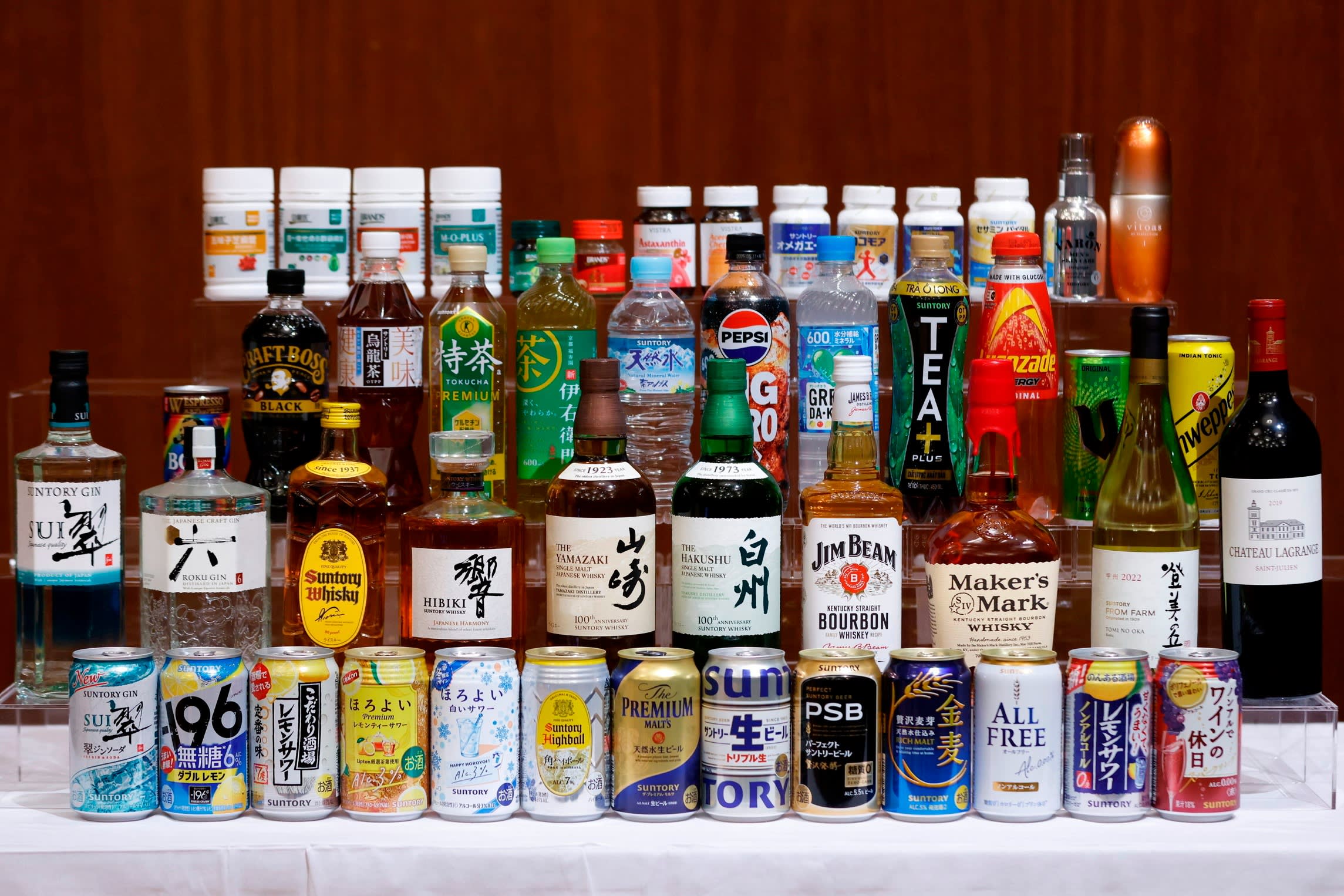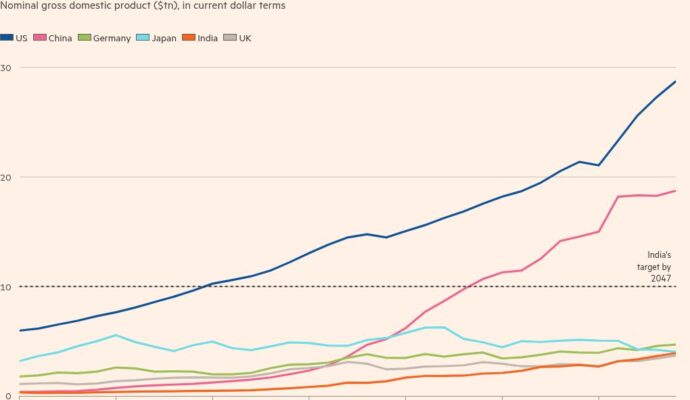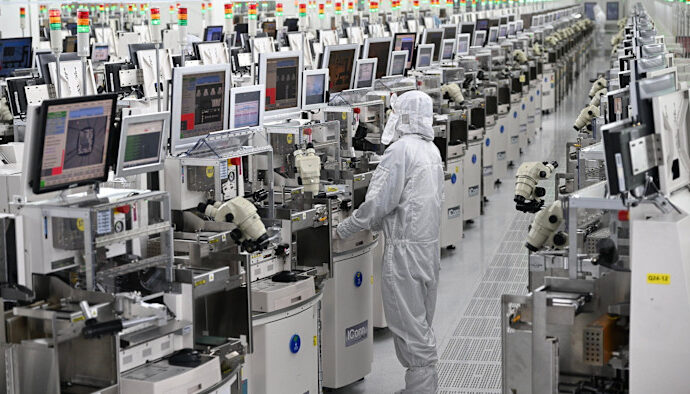Unlock the Editor’s Digest for free
Roula Khalaf, Editor of the FT, selects her favourite stories in this weekly newsletter.
The chief executive and chair of global drinks group Suntory has resigned after police searched his home as part of an investigation into suspected illegal supplements.
Takeshi Niinami, who denies any wrongdoing, told the company that he had bought the supplements in the belief that they were legal, Suntory said on Tuesday at a press conference in Tokyo.
Two sources close to Niinami said the investigation, in which the corporate leader’s Tokyo apartment was searched and a urine sample taken, related to suspicions that the supplements contained THC, a cannabis extract that is illegal in Japan. No illegal substances were found in his home.
Niinami believed the products contained CBD, a different extract, which is less heavily regulated and widely available in Japan, according to the same people.
Niinami is one of the most recognisable business figures in Japan and has run Suntory for more than a decade. The company is one of the world’s biggest drinks groups with brands including Laphroaig, Orangina, Lucozade and Maker’s Mark.

Niinami oversaw Suntory’s integration of US whiskey maker Beam following its $16bn acquisition and has been an important figure in US-Japan business ties.
He has also served for the past two years as the chair of the Japan Association of Corporate Executives, one of the nation’s two main business lobbies and a powerful voice of corporate Japan.
Although many in Japan view him as an important voice for reform, Niinami’s blunt criticism of the Bank of Japan’s interest rate policy, the government’s approach to US tariff talks and corporate Japan’s need to consolidate has been divisive.
Suntory said that Niinami had first notified the company that he was under police investigation on August 22. Top management subsequently conducted two hearings with him. The Japanese executive has denied any involvement in illegal activity.
Suntory said it deemed that Niinami’s actions demonstrated a “lack of awareness” regarding supplements, which the Japanese group also produces, and made his position as chair and chief executive untenable.
Niinami offered his resignation following discussions with the board after it had reached a unanimous decision on the need for his departure, said Nobuhiro Torii, the group’s president, during a press conference at Suntory’s headquarters.
Some board members had expressed opinions that the police investigation needed to be concluded before making a decision on Niinami’s future, he added.
The illegality of the imported supplement had yet to be determined, Torii said.
Suntory’s extreme levels of caution around cannabis products, which are strictly prohibited in Japan, have tightly constrained company policy even as tobacco, drinks and other consumer companies elsewhere have investigated ways to cash in on legal relaxations in North America and other markets.


